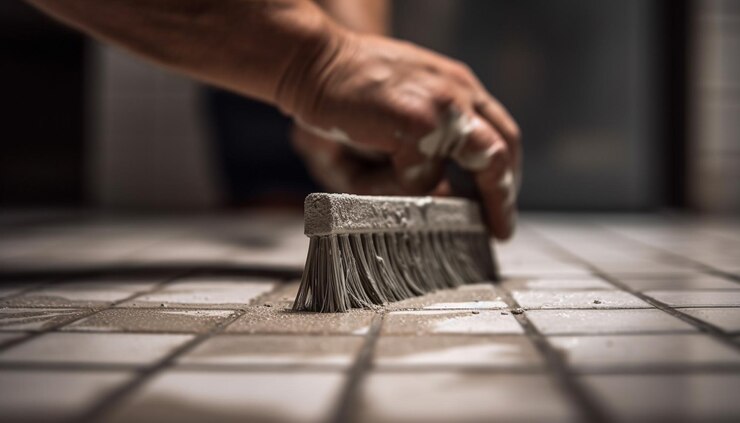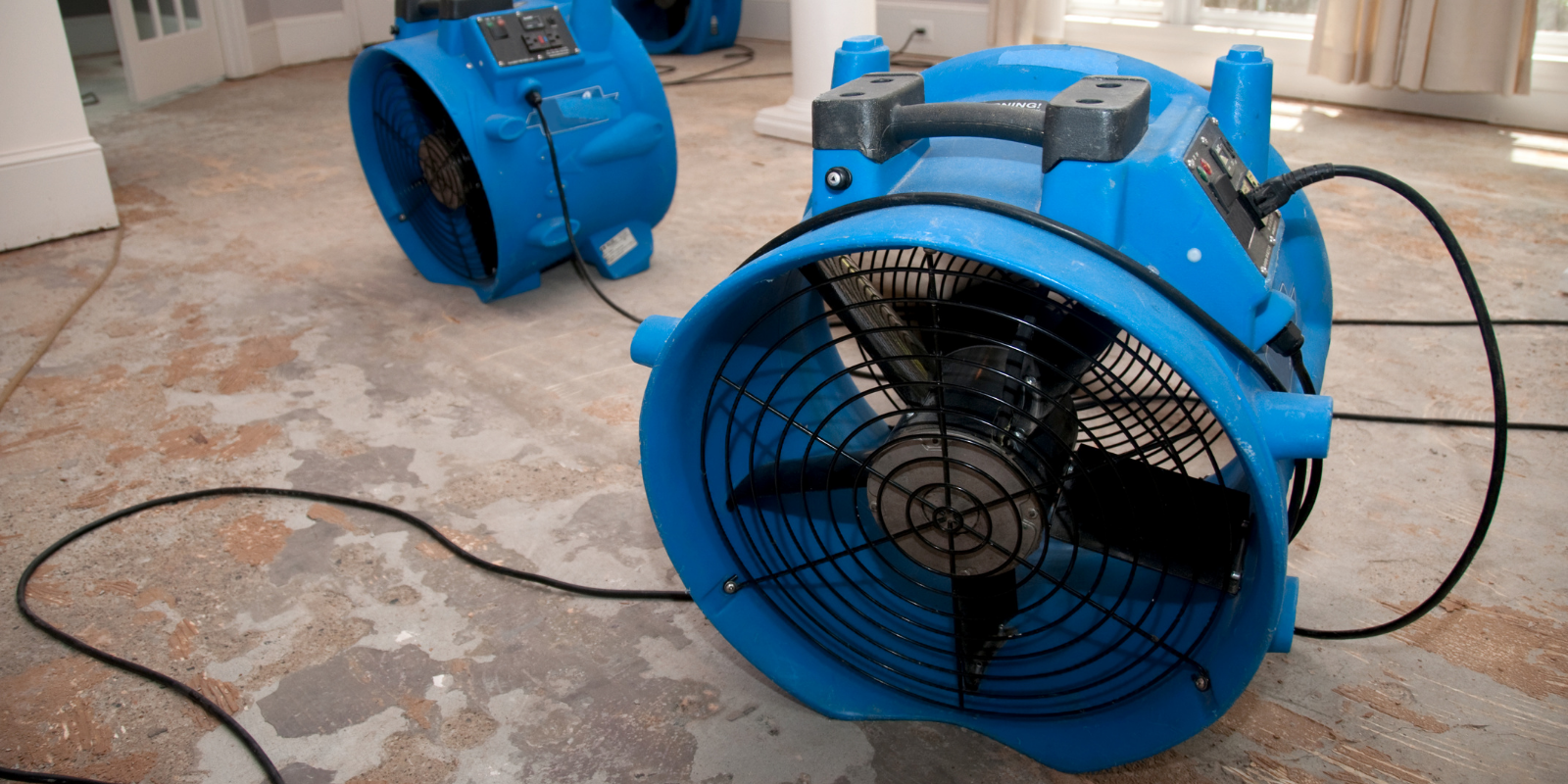
The Power Of Dehumidifiers In Construction And Renovation: A Statistical Odyssey
The Power Of Dehumidifiers In Construction And Renovation: A Statistical Odyssey
By: Brothers Equipment And Supply
Construction and renovation sites are dynamic environments with constantly changing conditions, making them susceptible to humidity-related challenges.
In this article, we will delve into the top 10 reasons why construction and renovation sites need dehumidifiers, exploring the statistics behind the necessity.
Additionally, we will uncover the top 10 benefits that dehumidifiers bring to these sites and understand the most common types employed.
Let’s get right into it!

Top 10 Reasons Why Construction And Renovation Sites Need Dehumidifiers
1. Mold Prevention
According to the Environmental Protection Agency (EPA), mold thrives in damp conditions. Construction sites are particularly vulnerable to moisture, and dehumidifiers play a crucial role in preventing mold growth by maintaining optimal humidity levels.
2. Accelerated Drying Time
Dehumidifiers expedite the drying process of construction materials like plaster, paint, and concrete. The quicker these materials dry, the faster the construction or renovation project can progress, leading to significant time savings.
3. Wood Preservation
Wood is a common construction material susceptible to warping, swelling, and decay in high humidity. By controlling moisture levels with dehumidifiers, builders can ensure the longevity and structural integrity of wooden components.
4. Improved Adhesive Performance
Adhesives and sealants used in construction and renovation rely on optimal conditions for curing. Dehumidifiers help create a controlled environment, enhancing the performance and longevity of these materials.
5. Reduced Corrosion
High humidity levels contribute to the corrosion of metal components on construction sites. Dehumidifiers mitigate this risk by maintaining a dry environment, preventing rust and corrosion, ultimately extending the lifespan of metal structures.
6. Painting Perfection
Painting is a crucial aspect of construction and renovation, and dehumidifiers aid in achieving flawless finishes. Controlling humidity levels ensures that paint dries evenly, reducing the likelihood of imperfections.
7. Concrete Strength Enhancement
According to studies, excessive moisture during the curing process can weaken concrete. Dehumidifiers assist in maintaining the optimal conditions for concrete curing, leading to stronger and more durable structures.
8. Electronics and Machinery Protection
Construction sites often house expensive electronic equipment and machinery. Dehumidifiers protect these investments by preventing moisture-related damage and ensuring optimal functionality.
9. Worker Comfort and Safety
High humidity can lead to discomfort for construction workers, potentially impacting productivity and safety. Dehumidifiers contribute to a more comfortable working environment, enhancing worker well-being and reducing the risk of accidents.
10. Compliance with Regulations
Many construction and renovation projects must adhere to building regulations that specify acceptable moisture levels. Dehumidifiers help ensure compliance with these regulations, avoiding potential legal issues and delays.

Top 10 Benefits of Dehumidifiers on Construction and Renovation Sites
1. Time Efficiency
The use of dehumidifiers accelerates the drying process, enabling construction and renovation projects to stay on or ahead of schedule.
2. Cost Savings
Faster drying times and prevention of material damage translate into cost savings by reducing the need for rework and replacement.
3. Quality Assurance
Dehumidifiers contribute to the overall quality of construction and renovation projects by minimizing the risk of defects caused by excessive humidity.
4. Long-Term Durability
The preservation of materials through dehumidification leads to structures that are more durable and less susceptible to damage over time.
5. Health and Safety
By creating a comfortable and safe working environment, dehumidifiers contribute to the well-being of construction workers, reducing the risk of accidents and health issues.
6. Equipment Protection
Dehumidifiers safeguard expensive equipment and electronics from moisture-related damage, extending their operational life.
7. Energy Efficiency
Dehumidifiers contribute to energy efficiency by ensuring that HVAC systems operate more effectively in maintaining optimal humidity levels.
8. Versatility
Dehumidifiers are versatile tools that can be used in various construction and renovation settings, adapting to the specific needs of each project.
9. Project Flexibility
With the aid of dehumidifiers, construction and renovation projects gain flexibility in scheduling, allowing for more efficient project management.
10. Client Satisfaction
Delivering projects on time, within budget, and with high-quality results enhances client satisfaction, fostering positive relationships and potential referrals.

Top 5 Most Common Types of Dehumidifiers Used in Construction and Renovation Sites
1. Desiccant Dehumidifiers
Ideal for low-temperature environments, desiccant dehumidifiers use a desiccant material to absorb moisture from the air, making them effective in various conditions.
2. Refrigerant Dehumidifiers
Refrigerant dehumidifiers are the most common type, using a cooling coil to condense moisture from the air. They are efficient in moderate to warm temperatures.
3. Low-Grain Refrigerant Dehumidifiers
These specialized units are designed to extract moisture in extremely dry conditions, making them suitable for specific construction and renovation scenarios.
4. Commercial-grade Portable Dehumidifiers
Portable dehumidifiers are versatile and easy to move around construction sites, offering localized moisture control in different areas.
5. Industrial Dehumidifiers
Designed for large spaces, industrial dehumidifiers have high-capacity moisture removal capabilities, making them suitable for expansive construction and renovation sites.
Top 10 FAQs About Commercial Dehumidifiers
1. What capacity dehumidifier do I need for a construction site?
The required capacity depends on the size of the site and the level of humidity. Generally, larger sites or those with higher humidity levels will need higher-capacity units.
2. Are commercial dehumidifiers noisy?
While commercial dehumidifiers can produce some noise, many models are designed to operate quietly. Consider the decibel rating when choosing a unit for your site.
3. Can dehumidifiers be used outdoors?
While some dehumidifiers are designed for outdoor use, most are intended for indoor applications. Using a dehumidifier outdoors may require additional considerations.
4. How often should I empty the water tank on a dehumidifier?
The frequency of emptying the water tank depends on the dehumidifier’s capacity and the humidity level. Larger units with higher capacities may require less frequent emptying.
5. Can I use a residential dehumidifier on a construction site?
While residential dehumidifiers may be suitable for smaller projects, larger construction sites typically require commercial or industrial-grade units for effective moisture control.
6. What is the ideal humidity level for construction sites?
The ideal humidity level for construction sites varies, but it generally falls between 30% and 50%. This range helps prevent moisture-related issues without causing excessive dryness.
7. Do dehumidifiers contribute to energy efficiency on construction sites?
Yes, dehumidifiers contribute to energy efficiency by helping HVAC systems operate more effectively and reducing the overall energy consumption associated with excess moisture control.
8. Can dehumidifiers be used during the winter months?
Yes, many dehumidifiers are designed to operate in low temperatures. Desiccant dehumidifiers, in particular, are effective in colder environments.
9. Do dehumidifiers require regular maintenance?
Yes, regular maintenance includes cleaning or replacing filters, checking drainage systems, and inspecting coils. Follow the manufacturer’s guidelines for specific maintenance requirements.
10. Can dehumidifiers be rented for short-term projects?
Yes, many equipment rental companies offer commercial dehumidifiers for short-term use, providing flexibility for construction and renovation projects.
In the realm of construction and renovation, where precision and efficiency are paramount, dehumidifiers emerge as indispensable tools. The statistics underscore the reasons why these devices are crucial, ranging from mold prevention to time efficiency and cost savings.
Understanding the benefits, types, and frequently asked questions about commercial dehumidifiers empowers construction and renovation professionals to make informed decisions, ensuring optimal conditions for successful and durable projects.
As technology continues to advance, the role of dehumidifiers in the construction industry is poised to evolve, contributing to even greater advancements in the field.
If you have any questions about our article, “The Power Of Dehumidifiers In Construction And Renovation: A Statistical Odyssey” or need dehumidifiers contact us at sales@brothers-equipment.com or chat with us on LiveChat or social media.
